Unrequested TV recommendation: Netflix’s Arcane is exceptional.
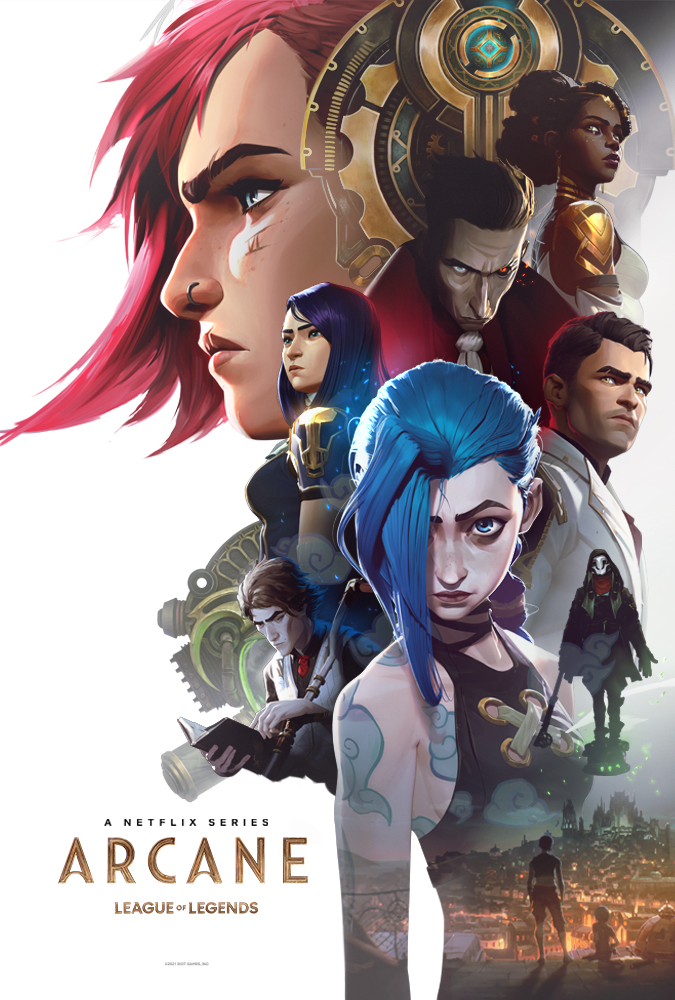 Basically all I know about League of Legends, the videogame in which Arcane is set, is that it’s a 5×5 battle arena game derived from a fan-made map for Warcraft III, extremely popular and lucrative, and widely considered toxic. Players are toxic, some content is toxic, the developer is toxic. Riot Games recently settled a sexual harassment & gender discrimination class action suit for $100 million.
Basically all I know about League of Legends, the videogame in which Arcane is set, is that it’s a 5×5 battle arena game derived from a fan-made map for Warcraft III, extremely popular and lucrative, and widely considered toxic. Players are toxic, some content is toxic, the developer is toxic. Riot Games recently settled a sexual harassment & gender discrimination class action suit for $100 million.
Arcane transcends all of that. It’s not just the best screen adaptation of a videogame ever made. It’s so far beyond any other as to render that discussion entirely uninteresting. The show stands all on its own and the first season at least seems likely to settle in as one of the best series I have ever watched, period.
First off, the animation is gorgeous. The main aesthetic is a detailed painterly style that slides back and forth between a sunny, clean utopia and a dank, dirty underworld. Both feel fully realized and teem with life and visual interest. From time to time that’s punctuated by short segments in a totally different, abstract style, projecting a possible future, a fear, or a mental breakdown. Fight scenes are strobing and wild, but the action easily followed. Closeups yield real faces with detail and emotion. And in an era in which it often feels like films are competing to be the visually darkest and most inscrutable, Arcane is suffuse with color, from the bright blue skies topside to the slashes of neon graffiti and hair down below. It’s all art-book quality but in motion.
A tale of a society starkly and tensely divided between haves & have-nots, and the interplay of technology and personal feelings in that struggle, the surface plot is fine enough. The gradual reveal of the world and its people is also a naturally compelling mystery to hook you in. But the characters and their relationships make the show.
Arcane’s first season is a robust, deep story in which viewers could focus on a number of different aspects. I say the core is one thread about sisters and another brothers, tied together by a major theme of fathers and daughters. All of that lies within a tragedy of misunderstandings, bad timing, circumstances, and emotions. There’s at least one killer line in the fathers & daughters theme that is worth the watching all alone. In classic fashion it’s totally misunderstood by an eavesdropper, sending their arc careening downhill. You could hold a whole segment of a literature course breaking down the character foils, textual echoes, symbology, and formal structure.
Stunningly for its origins, the show is also notably, cringelessly diverse & inclusive. It just is, through and through, and doesn’t make a big deal about it. A striking variety of ethnicities, cultures, and accents appear, even just among the humans. One major character has a physical disability. Alongside the familial relationships and a believable, natural bromance central to the story, Arcane also portrays primary characters in a budding romance that feels organic and sweet while being quietly, matter-of-factly gay. Their relationship is treated more empathetically and wholly than queer relationships in many many games and shows, it’s not simply a token couple or statement.
Arcane is furthermore replete with female characters at every level of the story and its world, many of them leaders and/or fighters. The primary ones are all well developed and have their own backgrounds, agency, and progression. But I found very telling the presentation of minor character Ambessa Medarda. In real-world terms she’s a somewhat Roman-styled imperial warlord of African ethnicity, come to reconnect with her estranged daughter, make an arms deal… and unabashedly hook up with devoted men. Notably, she looks the part. Neither a waif nor a brick as she might be in many animes, videogames, etc., Ambessa Medarda is distinctively portrayed visually as what she is: An incredibly fit and physically strong lifelong warrior, who’s also very attractive and sexual. By and large the female characters are all drawn with proportions and features that are reasonably realistic, especially within the context of a ridiculous animated sci-fi show, but most importantly not in an exploitive or objectified fashion.
To be clear, the show is unfortunately not going to be appreciated by everyone. Ultimately it’s a steampunk fantasy/sci-fi videogame universe, by the end of which people are flying around on hoverboards, fighting with technomagical power fists, teleporting around the world on airships, and so on. If you think about it too hard, the technology level of the world is nonsensically inconsistent. Scenes are often visually fast and pulsing; every episode carries a trigger warning about flashing lights. The soundtrack, mostly recognizable modern pop, really works for a couple characters and scenes, but can be distracting and will not be to everyone’s liking.
However, anybody who can appreciate at all its kind of universe and artistic style will likely enjoy the series. If it were a graphic novel it would be a classic to revisit again and again over time, pouring over the art and relationships. Arcane is a masterpiece.
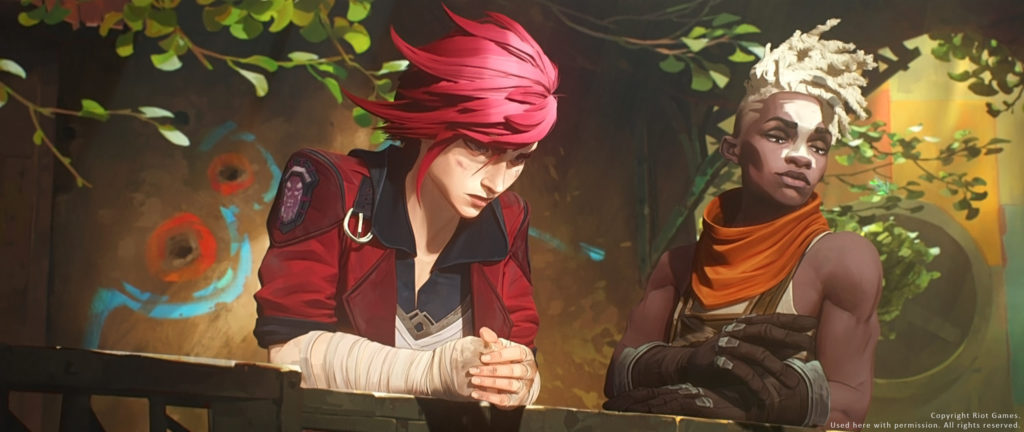
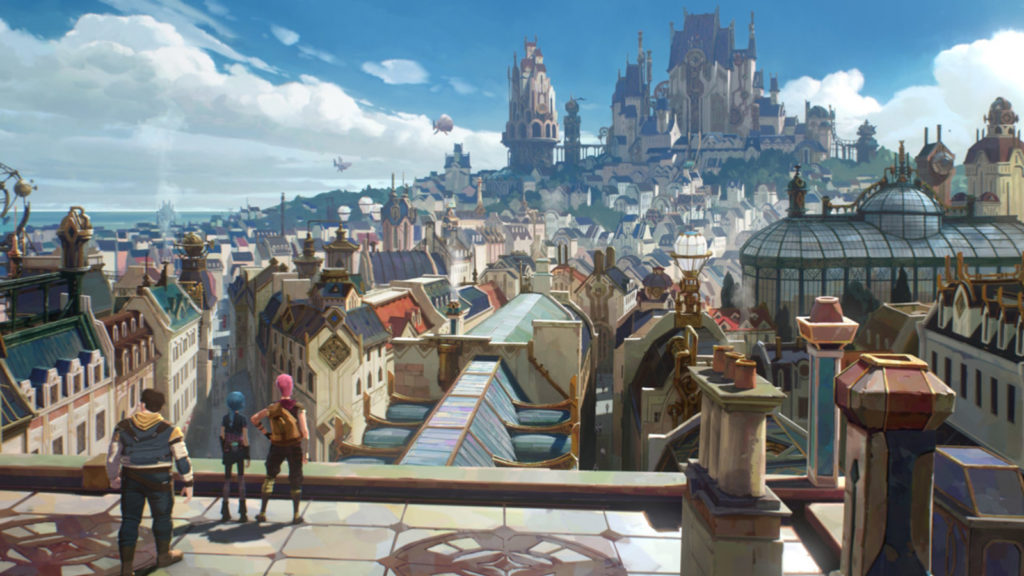
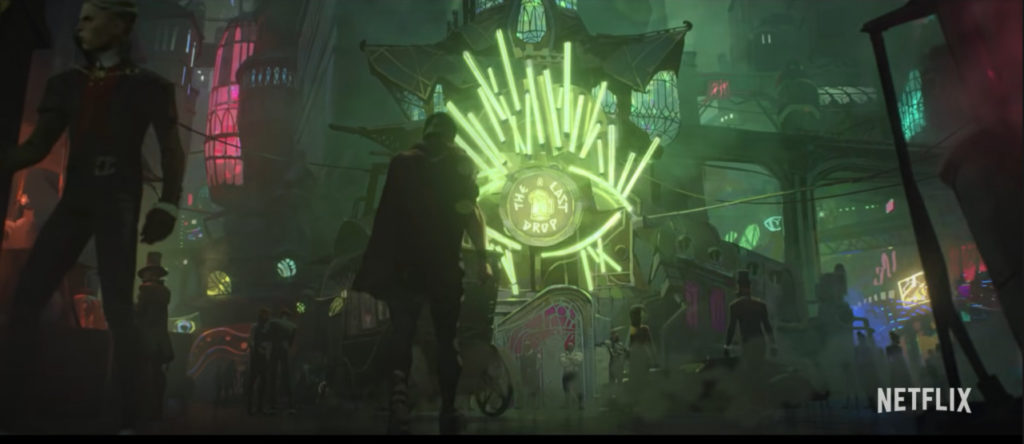
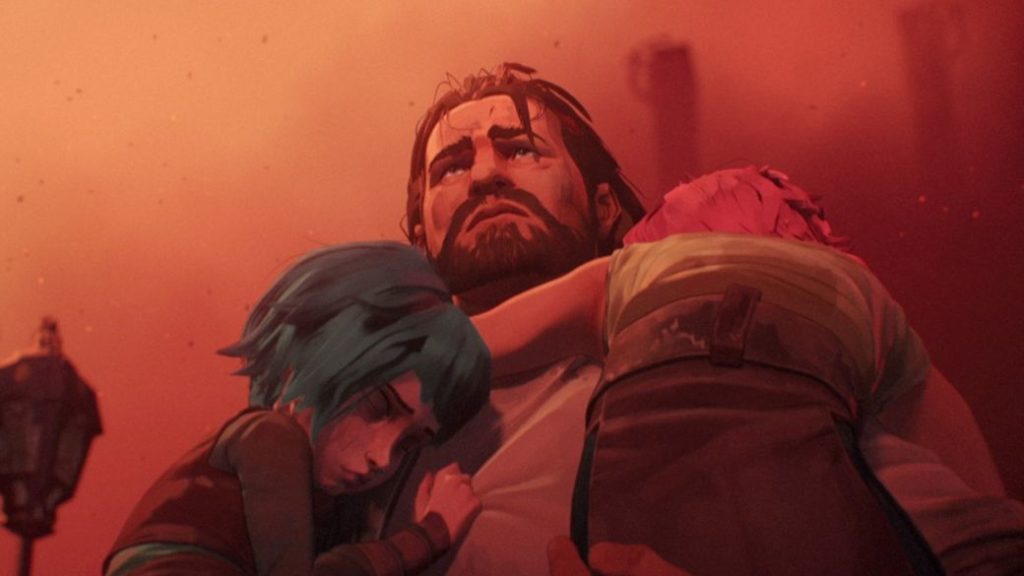
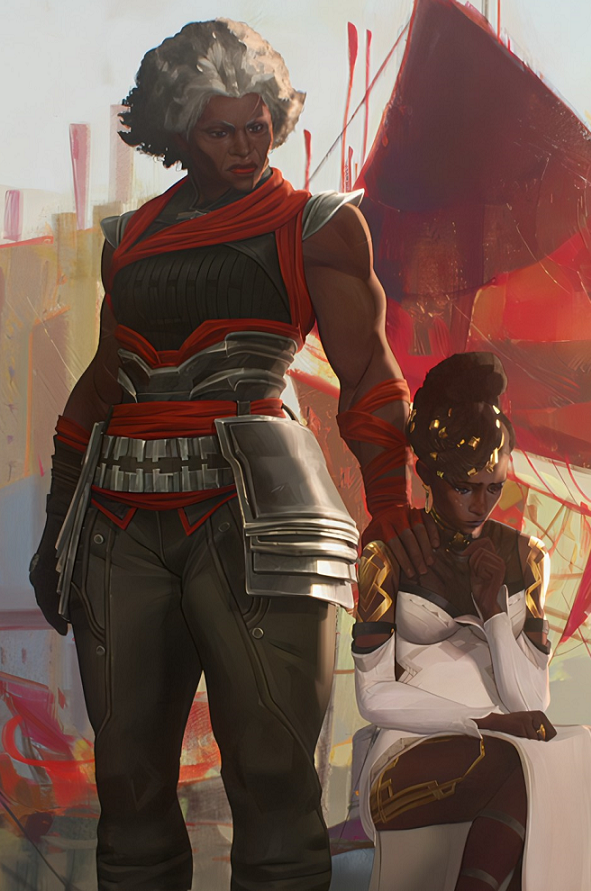
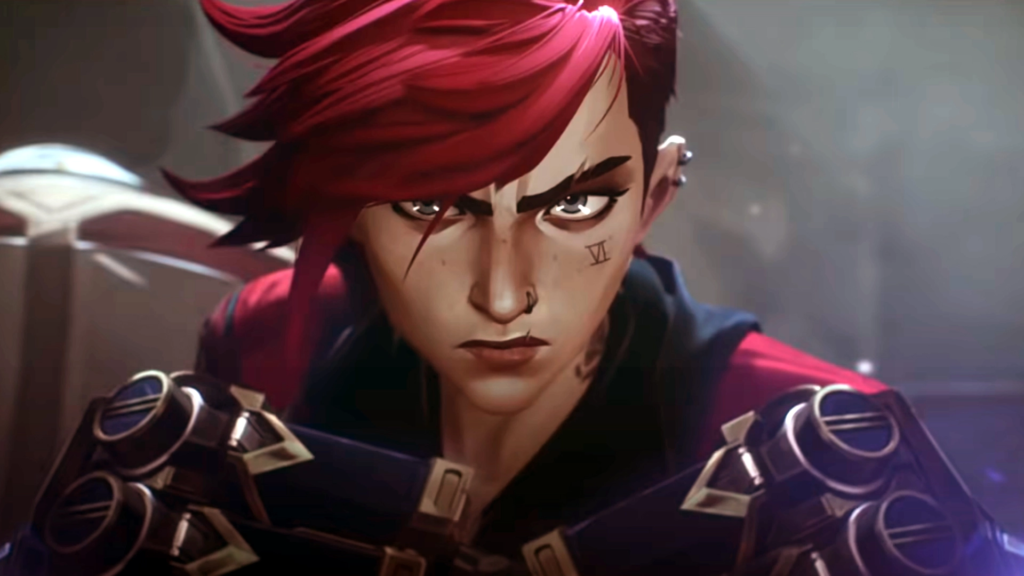
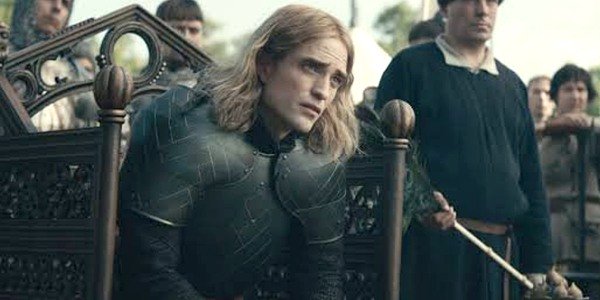
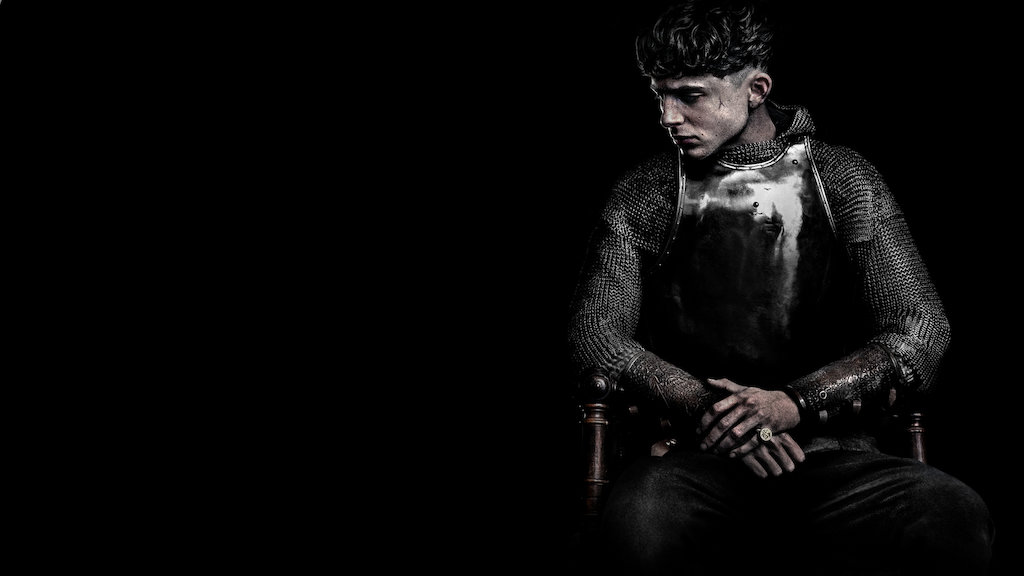
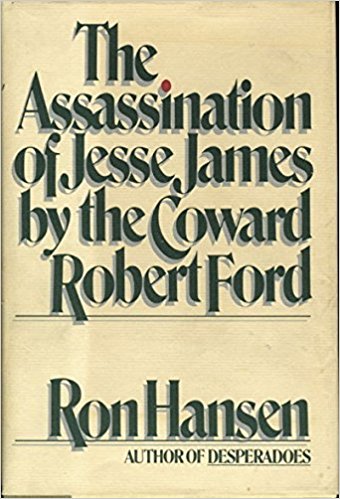

 Flight Behavior
Flight Behavior Standouts from previous years’ highlights, both
Standouts from previous years’ highlights, both  I’ve felt somewhat similarly about
I’ve felt somewhat similarly about  Rogue One
Rogue One Arrival
Arrival